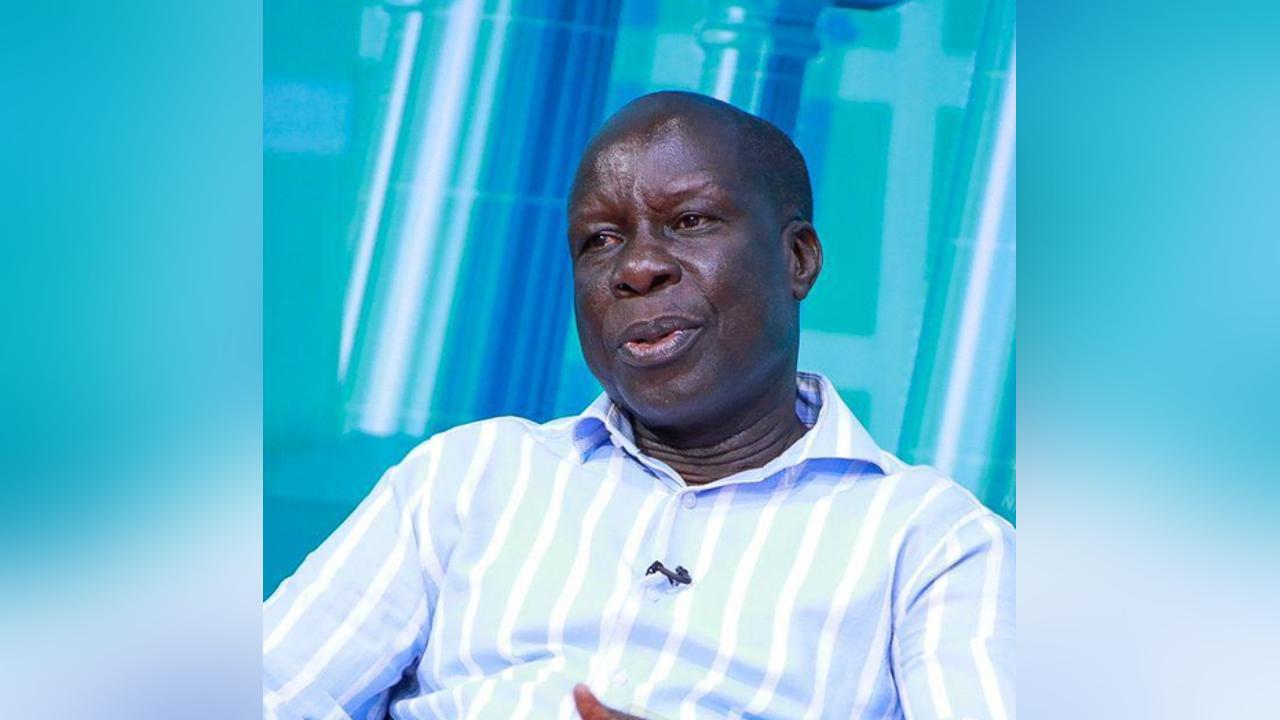Africa-Press – Uganda. The recent National Resistance Movement (NRM) structure elections at the LC1 level have triggered renewed demands for a digitised voter register after chaotic scenes and violent disputes marred the process in several areas.
Political analysts and observers say the turmoil—marked by missing names, allegations of double registration, and physical altercations—exposed serious flaws in the party’s internal electoral system.
The confusion around voter eligibility and the lack of a credible register reportedly led to frustration at polling stations, some of which descended into confrontations between supporters.
Analysts warn that unless the NRM overhauls its paper-based registration system, it risks undermining trust in its own internal democracy and weakening its standing ahead of future national elections.
Tanga Odoi, chairperson of the NRM Electoral Commission, acknowledged the problem and threw his weight behind calls to digitise the register.
He revealed a notable drop in the party’s membership numbers—from 20 million to 18 million—which he attributed in part to voter mobility and shifting political loyalties.
“Some of these people may have migrated, others could have shifted allegiance to different political parties, but we need a system that can track this accurately and transparently,” Odoi said.
Calls for digitisation have grown louder amid Uganda’s expanding access to internet and mobile technology, which analysts argue could support a more secure, real-time platform for managing voter data.
According to political analyst Diana Atukunda, the current manual system leaves too much room for abuse and confusion.
“The paper-based system is outdated and too vulnerable to abuse. A digitised register would not only increase trust in the process but also enhance efficiency and accountability,” Atukunda said.
The LC1 polls, meant to bolster grassroots structures within the ruling party, instead ignited internal criticism and concern, particularly among the NRM’s youth base.
Many younger members argue that digital reform is no longer optional but essential to revitalise and future-proof the party’s operations.
With the NRM preparing for higher-level internal elections, pressure is mounting on the leadership to act decisively.
Observers say that a shift to digital registration would not only prevent irregularities and reduce electoral tension but also signal a commitment to transparency and reform.
While the timeline for implementing such a system remains unclear, the political cost of inaction is becoming harder for the NRM to ignore.
As one analyst put it, “If the party cannot manage its own register, how can it claim to organise a credible national election?”
Would you like coverage of reactions from opposition parties or civil society voices calling for similar reforms?
For More News And Analysis About Uganda Follow Africa-Press






